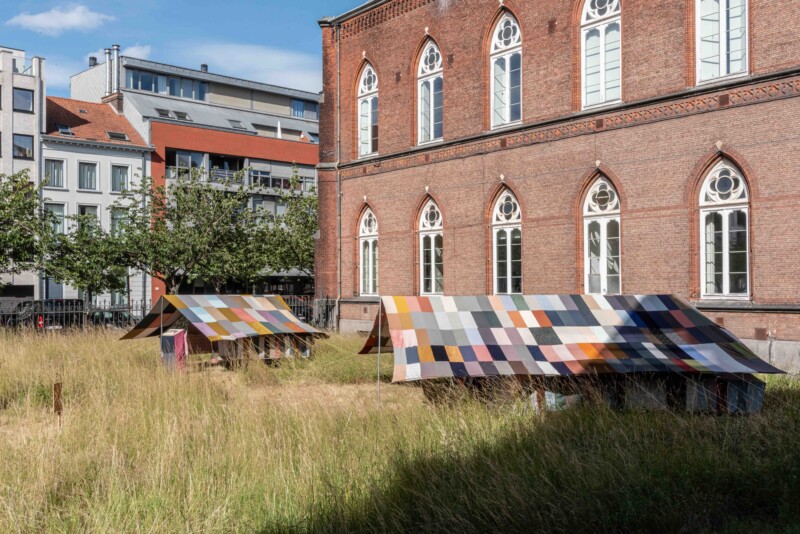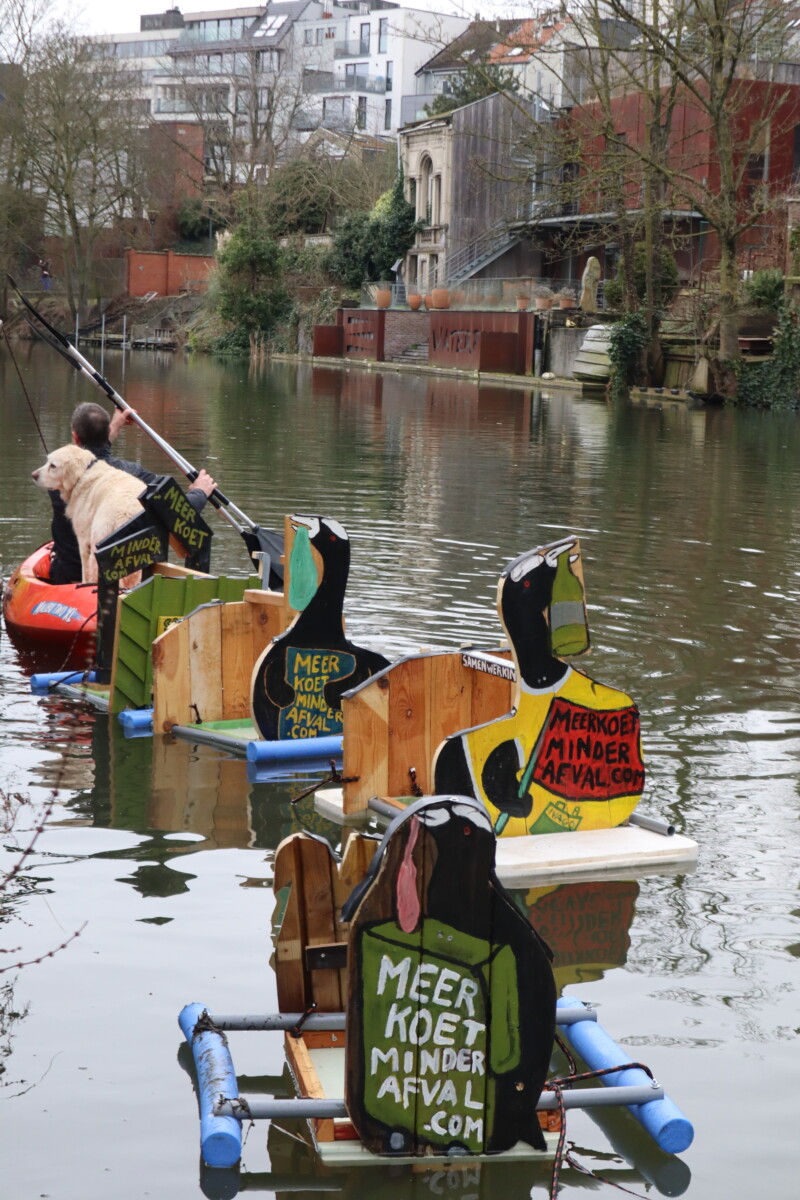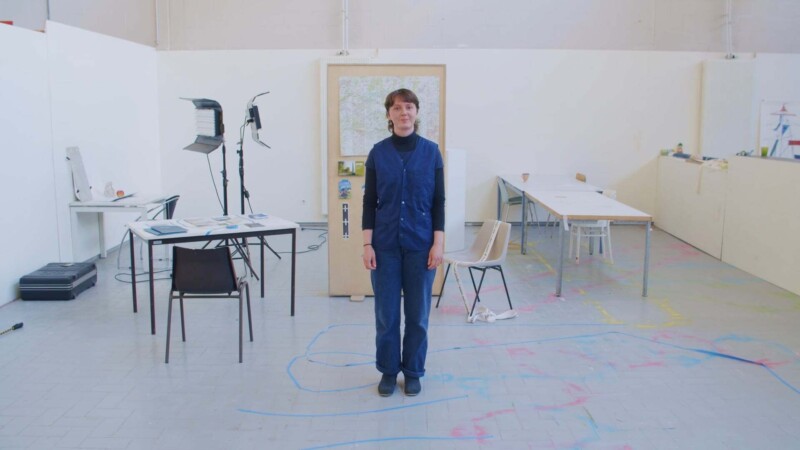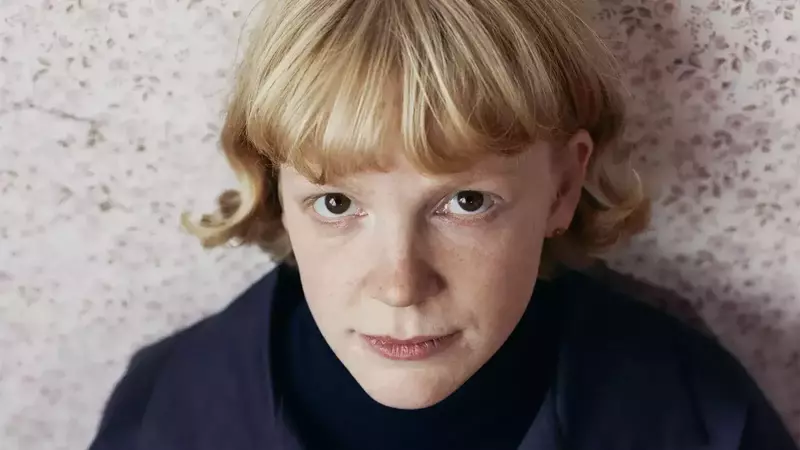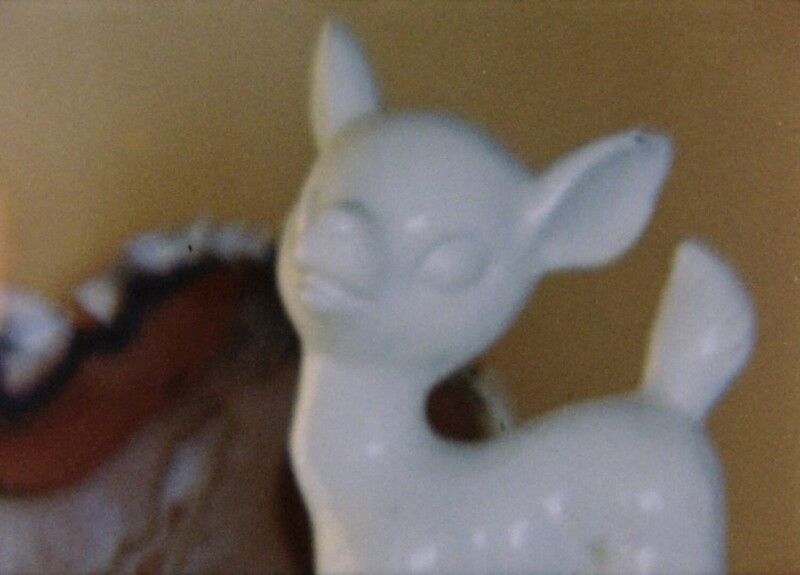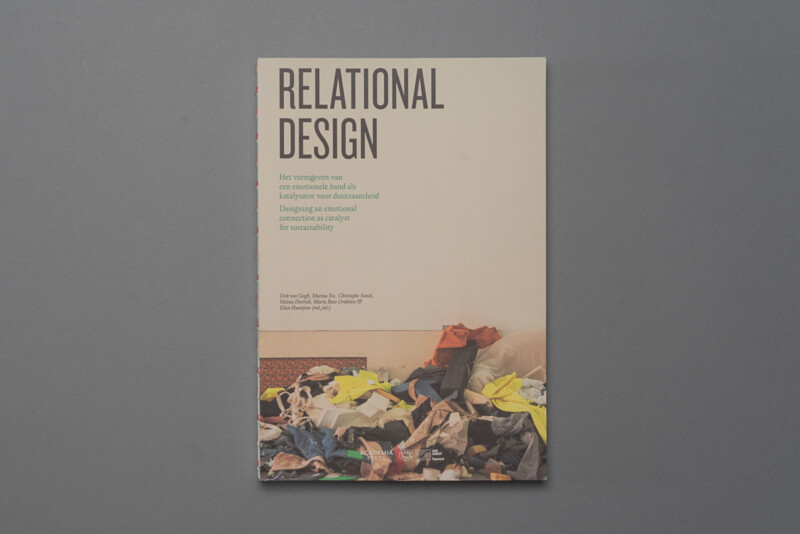The Atlas of Ovens is an artistic research conducted by Clémentine Vaultier, Maximiliaan Royakkers and Ciel Grommen. It focuses on heat practices by studying and using the infrastructures that contain and guide them. Starting from the idea that heat is as much a physical phenomenon as a social one, we explore how ovens function not only as containers of physical energy but also as relational infrastructures; more than mere technical shells guiding energy transformation processes, ovens radiate towards communities and can produce new forms of social relations.
In this research, the intangible of social practice becomes matter to work with by encountering firing contexts and transforming materials. Combining approaches nourished by our architectural and ceramicist backgrounds, we collect documents, stories and gather, discuss and speculate around fire in order to circulate multiple knowledges and experiences of heat and energy.
Ciel Grommen
Ciel Grommen is a Belgian architect‑artist whose transdisciplinary practice sits at the intersection of architecture, visual art, and research. She studied architecture at KU Leuven and completed a Master in contemporary art at HEAD — Genève, where she learned to embrace criticality and exchange as part of artistic spatial practice. Her work is rooted in deep engagement with contexts and communities, often beginning with inhabiting specific places, participating in local life, and building relationships with residents and materials. Through maps, constructions, installations, events, and stories, Grommen weaves new narratives of cohabitation, inviting audiences to rethink how we relate to space, environment, and one another.
Her projects frequently explore complex social, political, and ecological issues, such as seasonality and labour in rural Europe, cohabitation and migration, and the politics of public and private space. In 2017 she founded the collective Seasonal Neighbours to investigate forms of cohabitation across European agriculture, and she has collaborated extensively with Maximiliaan Royakkers on long‑term research projects such as Le Paysage Ménagé, which envisions new ways of inhabiting post‑industrial landscapes.
With Clémentine Vaultier and Royakkers, Grommen is part of Atlas of Ovens, an ongoing collaborative research project on infrastructures of heat. How and what do we fire, with whom do we share the resulting warmth? The artists research how these infrastructures can transform not only matter, but our relationships to communities and territories.
Grommen’s work has been exhibited internationally at venues including Artsonje Art Centre (Seoul), Live In Your Head Gallery (Geneva), Z33 (Hasselt), as well as in everyday settings like public spaces and temporary sites, blurring boundaries between art, architecture, and lived experience.
Clémentine Vaultier
Clémentine Vaultier is a French artist based in Brussels whose transdisciplinary practice bridges ceramics, performance, research, and pedagogy. She graduated from the master autonomous design at KASK & Conservatorium (2019), La Cambre in Ceramics (2017), and Central Saint Martins in Fine Arts – contextual practice (2011).
Although trained as a ceramist, her work focuses on the surroundings of fire — exploring how warmth is created, shared, and narrated as both a physical and social phenomenon. Her long-term research investigates the cultural, historical, and material dimensions of warmth, weaving narratives through creating, collecting, and rearranging technical, historical, and archival material in dialogue with others. This approach examines warmth as a fundamental human need that connects people, practices, and communities.
She co-initiated Atlas of Ovens, a collaborative research project with Ciel Grommen and Maximiliaan Royakkers, exploring heat infrastructures — such as ovens and baking rituals — as sites radiating both physical warmth and social connection
In addition to her research at Max and as an artist associate at Jubilee, Vaultier works as an artistic assistant in the ceramics department at La Cambre National School of Arts, where she coordinates transdisciplinary courses on heat and collective firing.
Maximiliaan Royakkers
Maximiliaan Royakkers (1988, BE) is an artist and architect based in Brussels. His transdisciplinary practice blends artistic, educational and architectural approaches. He studied architecture at the KULeuven (2012), obtained a master’s from the Studio for Immediate Spaces at the Sandberg Instituut Amsterdam (2014) and was part of the SPEAP programme at Science Po Paris (2024). In his practice he researches social, political and ecological relationships that unfold in spaces. His work experiments with alternative forms of living together and ways to relate to places and unfolds through intensive fieldwork, collaborative research and situated spatial and performative gestures. His work always develops in collaboration with others; artists, local communities and experts from a wide variety of fields.
Recent work has focused on temporary forms of cohabitation produced by industrial agriculture (Seasonal Neighbours), the transformation of a former coal mine landscape (Le Paysage Ménagé) and our relationship to energy infrastructures (Atlas of Ovens).
Together with Ciel Grommen he has initiated the research collective Seasonal Neighbours. With Clémentine Vaultier and Grommen, Royakkers is part of Atlas of Ovens, an ongoing collaborative research project on infrastructures of heat. Maximiliaan is a member of Jubilee, a platform for artistic research and coordinates master studios at faculty of Design Sciences of the UAntwerpen.
His works have been exhibited at Bureau Europa, Jan Van Eyck Academie Maastricht, De Singel Antwerp, Z33 Hasselt, Le Grand Hornu Mons, Beaux Arts Paris…but also appear outside of institutional contexts, in public spaces and the fabric of everyday life of places.







